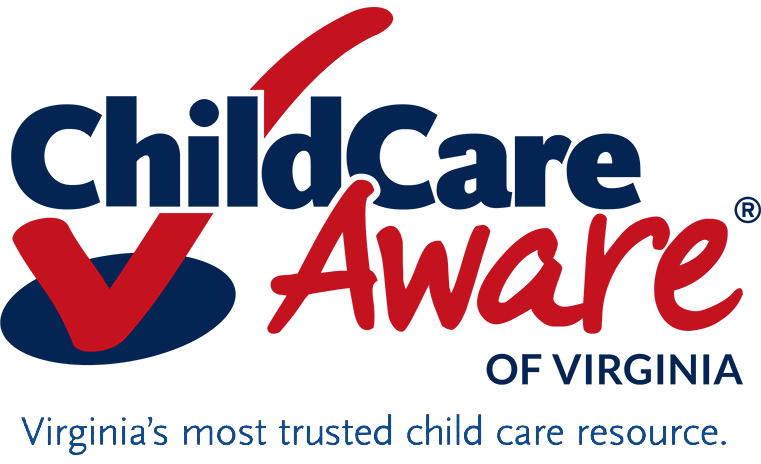Finding the right child care provider is a crucial decision for your family. After receiving your referral list, dive deeper to learn more about the ones that might interest you. View their profiles on our self-search database, view their inspection records, visit their websites, and call to schedule a tour to see their background and qualifications first hand.
Here are some key factors to consider:
Licensing and Inspections
Check the Department of Social Services website to see the results of a provider’s most recent health and safety inspections. Look for any violations and the plan of correction to understand how the provider responds to violations. Keep in mind that unlicensed providers, such as Religiously Exempt Child Day Centers and Voluntarily Registered Family Day Homes are not inspected as often as licensed providers, so they may have fewer records for you to review.
VQB5 – Unified Virginia Quality Birth to Five System
This system measures and improves the quality of early childhood education programs. It focuses on two aspects of quality: teacher-child interactions (assessed using the Classroom Assessment Scoring System) and the implementation of an approved curriculum. VQB5 ratings will be available to the public starting in Fall 2024.
National and State Accreditation
Accreditation is voluntary but indicates a provider’s commitment to meeting national safety standards in addition to state licensing requirements.
- American Camp Association (ACA)
- Association of Christian Schools International (ACSI)
- American Montessori Society (AMS)
- Council on Accreditation (COA)
- Cognia (formerly AdvancED)
- National Accreditation Commission for Early Care and Education Programs (NAC)
- National Association for the Education of Young Children (NAEYC)
- National Association for Family Child Care (NAFCC)
- National Council for Private School Accreditation (NCPSA)
- National Early Childhood Program Accreditation (NECPA)
- Virginia Association of Independent Schools (VAIS)
Standards and Curriculum
High-quality programs align their practices with VDOE’s early learning and development standards. These standards cover important areas like approaches to play and learning, social and emotional development, communication, health and physical development, and cognitive development.
Providers can also create their own curriculum. Frequently, these self-designed curriculum are: Resources to Guide Your Search
